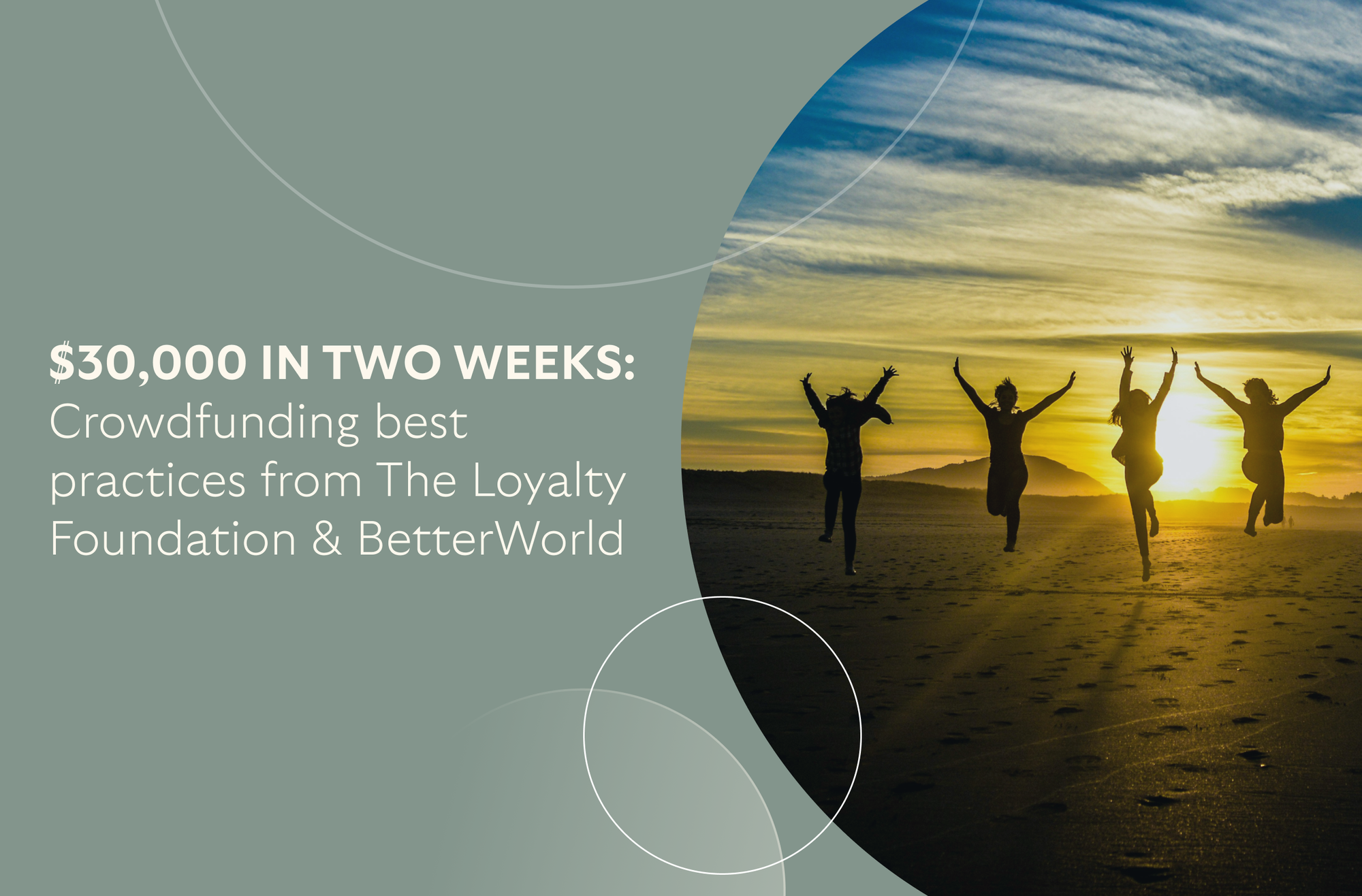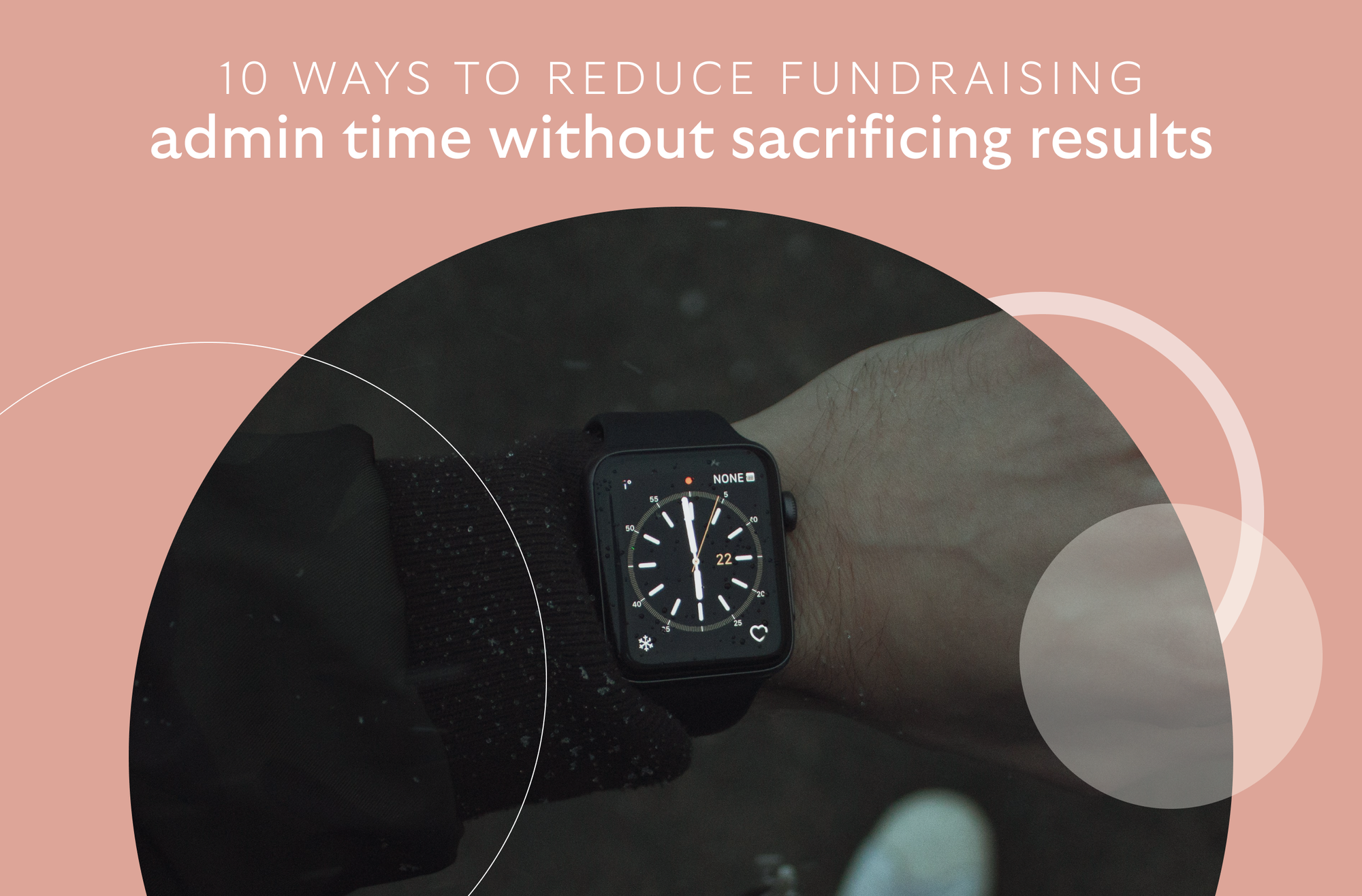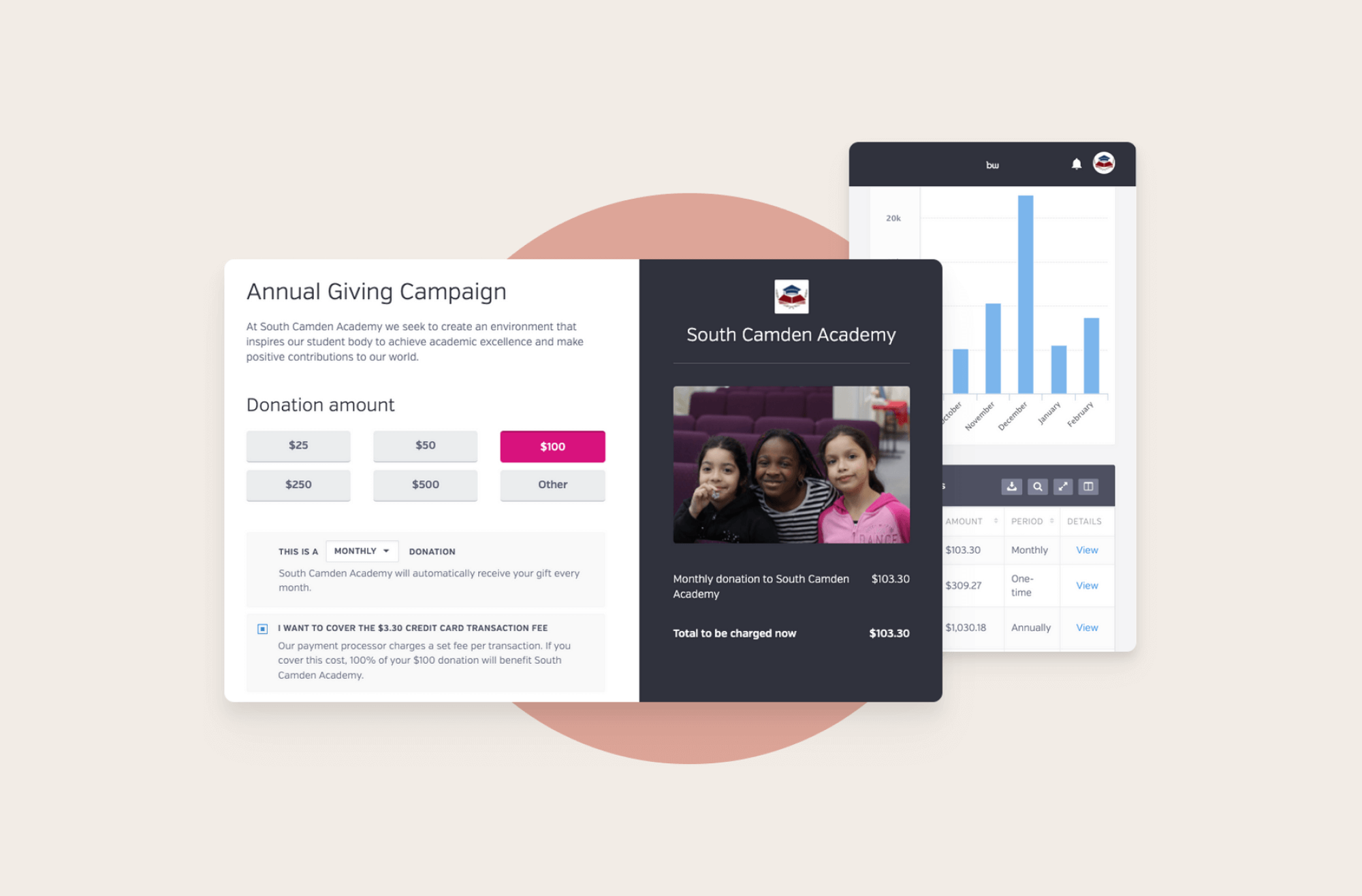Video Integration — boost the buzz around your online fundraising campaign
Time-saving – thoughtful automations save dozens of hours over your campaign
One-Click Checkout — our system will automatically charge the lucky winner
Text Message Notifications — keep your bidders engaged with text message notifications
How to Create a Budget for Your Fundraising Event?
By Whit Hunter

A fundraising event’s budget is an important tool that helps an organization estimate and manage its income and expenses related to the fundraising activities. So it's important to thoroughly and carefully plan it without breaking the bank.
Creating a budget might seem tricky, but it just needs some proper planning and you have a good event budget template on your hands in no time.
Fortunately, this blog post discusses the step-by-step process you can follow to create a budget for your fundraising event.
Determine Event Objectives and Purpose
The first step towards calculating your fundraising budget is identifying the purpose of your event and objectives. Different fundraisers require a different budget.
To put things into perspective, a fundraising gala will be much more costly than a virtual auction fundraiser.
The purpose and objectives of your fundraiser will help you determine the type of fundraiser you should plan. As a result, it will also help you decide what your major expenses will be and what costs you less money when you are budgeting.
You can find plenty of cost-friendly fundraising events your organization can host with a range of budgets. Hosting small, in-person gatherings like dinner parties or arts and crafts days can help engage and connect with donors without breaking the bank.
However, these still require you to consider the cost of the event venue, food and drinks, etc.
Virtual fundraisers, such as a Q&A with your team or a virtual gaming night, are cost-friendly and profitable. They don’t require you to go above your budget as compared to in-person events.
Evaluate the Size of Your Fundraising Event
After identifying the purpose of your event, it's time you determine how many guests you expect to show up for your fundraising event. This will help you determine the size of the venue.
You don’t need to do a lot of research about this part. This is just a simple estimate so that you can choose the right venue for your fundraiser.
The size of your venue can differ according to your fundraising objectives. For illustration, if you are holding a silent auction, you need a much smaller venue versus when you’re hosting a concert that is open to the public.
Estimate Potential Event Revenue
Use previous fundraising event budgets and donor data to predict your event's income. Estimating your potential revenue will give you an idea of your budget or expense limits for the fundraising event.
Every fundraising event is unique, so there is no fixed percentage for what your costs should compare to your income. Minimize your expenses so the funds you raise can go directly towards your mission instead of paying for the fundraising event itself.
Your nonprofit’s previous event budgets can help you calculate how much of your revenue will go toward covering event costs. Also, look at your donor data so you can estimate how many funds you might raise from donations.
Donor data will tell you:
- Which of your supporters are more interested in attending your fundraiser
- How much they are likely to donate
- Which major donors would be the best to appeal to
Apart from donors, look for sponsorships. Sponsors can be an enormous source of income for your event. If you have had any previous sponsorships, pitch them to your upcoming event. This will paint a better picture of what you will need to spend for your fundraiser.
Determine Expenses
The next part of creating your fundraising event budget is making a list of all expenses that will take place.
When calculating your event costs, look at the average prices for every expense you can think of. Your expenses can include quotes from several things.
Here is the list of expenses you can calculate for your budget;
Calculate Catering Cost
After venue prices, the catering cost is a significant cost of your event. Food and drinks can also add to your venue costs, depending on the venue.
For example, most hotels ask you to use their food and beverage service. Whereas other venues have a list of approved caterers you should choose from. Usually, the venue only allows you to use vendors within that list.
The food costs also depend on the menu you have chosen and the number of guests attending the event, if you already have a caterer on you.
Calculate Decoration Cost
Most nonprofits add the decorations costs into the venue costs, but many times, the venue has nothing to do with your decorations.
The cost of decorations can cover table centerpieces, event signage, balloons, streamers, stage backdrop, and more. You should also include the cost of the supplies required for any decorations your team plans to make.
Staff Cost
Staff cost differs from organization to organization. Some nonprofits only recruit volunteers so they can cut down on their staff costs.
But if you feel you need some extra help at the event and you don't have enough volunteers, you can hire any paid staff to work at the event. Staff mostly include servers or software support staff.
Determine the Entertainment Cost
When writing about your expenses, it is the perfect chance to determine your entertainment costs. Entertainment can vary depending on the type of event you are planning.
Ask yourself the following questions:
- Are you planning on giving a presentation?
- Are you planning to play any multimedia during the event?
- Do you want a live band or DJ?
If you are planning any of these entertainment options, you need to add them to your budget. Sometimes the venue can also supply all the required A/V equipment. However, they may charge additional fees for the A/V equipment.
If you want to cut down on these costs, you can easily rent or borrow it somewhere else
Let us help you raise more! Use BetterWorld’s free, easy fundraising tools!
Media and Promotion Costs
Media and promotion costs encompass paid advertising on social media platforms, invitations, postage, graphic design, and advertising. These things play a vital role in promoting your fundraising event.
We will add these costs to your event budget under media and promotions.
Auction and Ticketing Cost
If you invest in good fundraising software, it will make things easier for your supporters to purchase tickets, bid on items, and make donations. You need to include the cost of software in your overall budget.
Include Miscellaneous Expenses
Miscellaneous costs are just event-related costs related to consulting, licenses, insurance, and permits.
Event Consultant
Are you hiring an event consultant? If yes, then you need to decide if they require a fixed cost or if they offer a per-hour cost deal. You can easily estimate the cost per hour from the number of hours needed and then add it to your budget as well.
Licenses or Permits
There can be several things you will need a permit for. For example, if you are serving alcoholic beverages at your event, you will need a permit to serve alcohol. You would need event insurance as well.
Allocate Funds for a Raincheck
While you don’t need to do this, it is best to stay safe than face regret in times of crisis.
We recommend putting some funds aside for some extra unexpected expenses that arise at the time of the event.
It's called a rainy day fund, which is a solely dedicated cash reserve set aside to cover unexpected expenses. This can act as a financial buffer which can cover random bills or unanticipated increases in your event cost.
Modify the Budget if Required
Once you have calculated and estimated a budget, it is time to evaluate your estimated profit-and-loss statement. Change your budget wherever needed.
Your budget is a flexible document, and until the vendors are all located, you are free to modify your budget until it suits your nonprofit’s needs.
Assess if your profit margin is sufficient for your nonprofit to allocate a significant portion of raised funds towards your cause.
If your overall gains are not enough to fulfill the goals you have set for the event, then you should decide which event costs are unnecessary and cut them from the budget.
Extra decorations and other miscellaneous expenses are a good option to cut costs. You should review each of your expenses to see where you can make changes.
Conclude Your Budget
After you are done modifying the budget, you need to fully complete your fundraising event budget. You can discuss the last budget with your accounting team to get their insight into it.
A complete event budget is important for a nonprofit’s ability to be transparent with its donors and show them how much of their contributions will make a positive impact.
Save your completed fundraising event budget in your archives so you won’t have to start from scratch in the future for other similar events.
Conclusion
Creating a realistic and affordable fundraising budget for your nonprofit is crucial to achieving your mission and sustaining your fundraising activities.
A well-curated fundraising event budget can help you determine your fundraising objectives, estimate your revenue, allocate your resources, track your expenses, and evaluate your results.
Following these steps will help you create a profitable event budget that can help you achieve your fundraising goals and create a positive difference in the world.
Want to give your fundraising efforts a boost? Sign up on BetterWorld.

Join 105,000+ amazing nonprofits, organizations, and fundraisers on BetterWorld

Let our FREE fundraising tools help you raise more funds with less effort







